info@dentallifeline.com
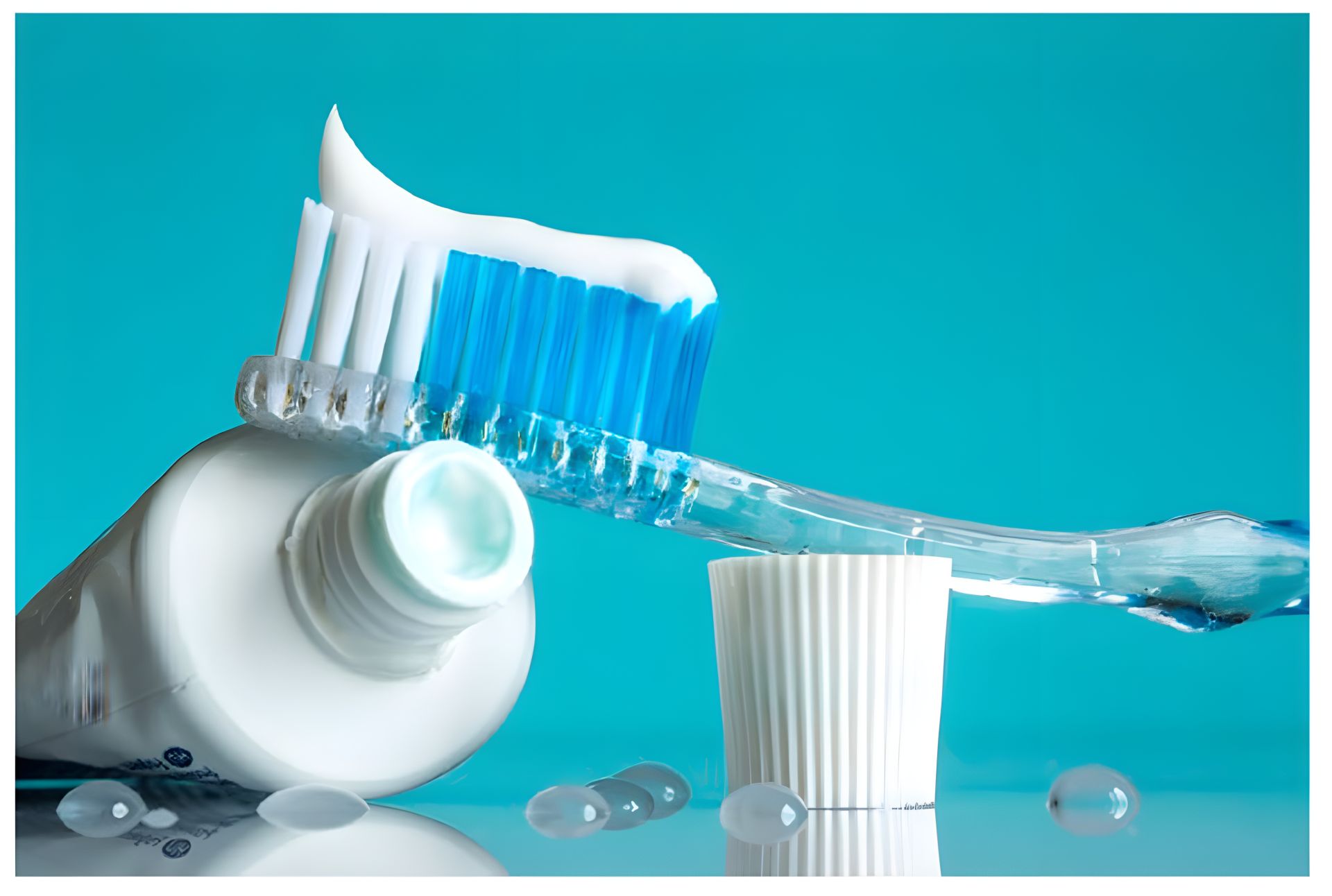 24 Jan 2025
24 Jan 2025
Fluoride and Its Implications in Dentistry: A Comprehensive Overview
Fluoride has long been a topic of discussion in the field of dentistry due to its essential role in promoting oral health. Its use in preventing tooth decay and enhancing overall dental hygiene has been a revolutionary advancement, benefiting millions of people worldwide. This blog will explore fluoride’s significance in dentistry, its benefits, potential concerns, and its broader implications.
What is Fluoride?
Fluoride is a naturally occurring mineral that can be found in soil, water, and various foods. In dentistry, fluoride is primarily used in topical forms—such as toothpaste, mouth rinses, and professional treatments administered by dental providers—to help prevent cavities and promote healthy teeth.
The Role of Fluoride in Preventing Tooth Decay
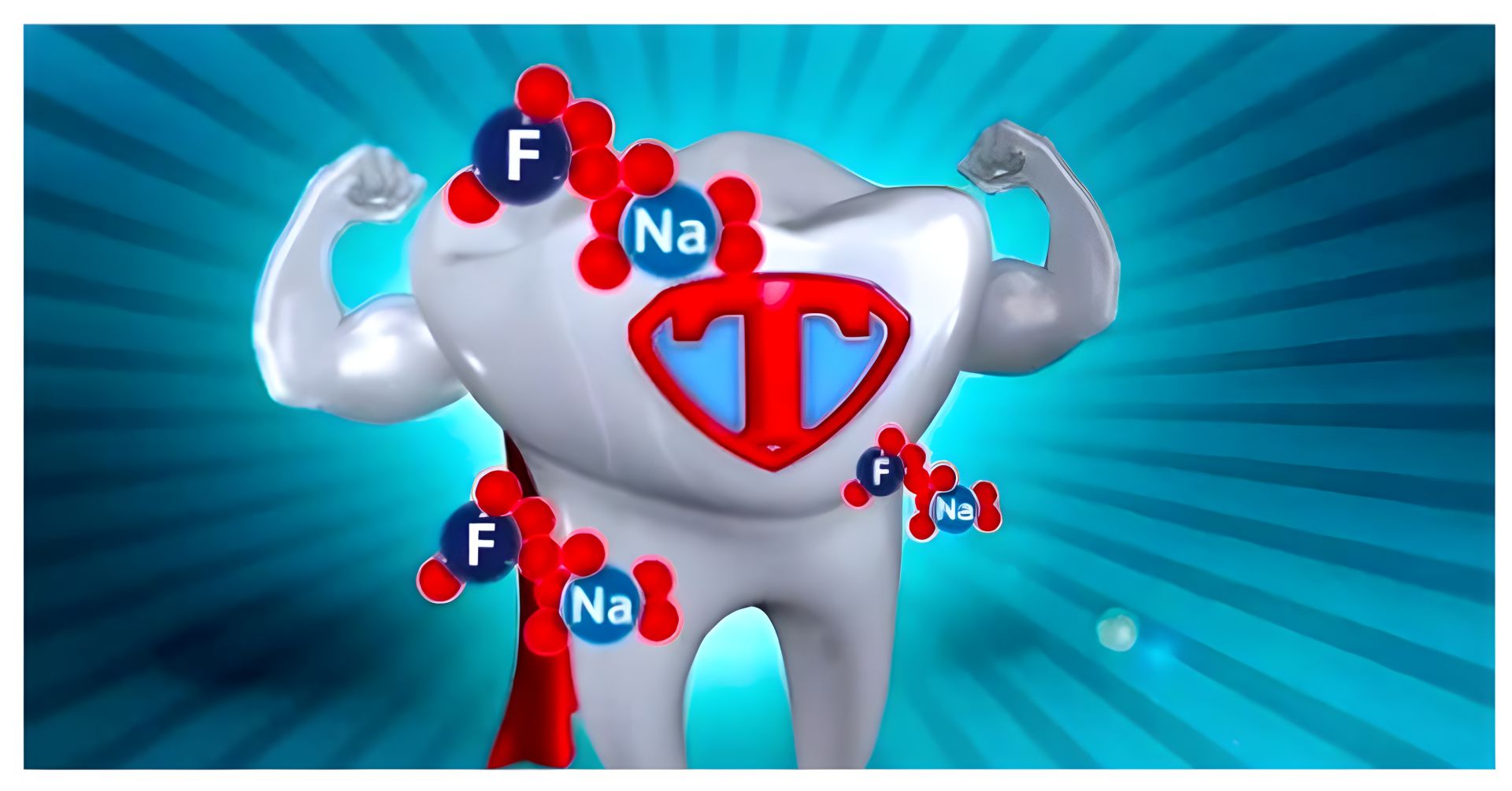
Tooth decay, or dental caries, is one of the most common chronic diseases worldwide. It occurs when acids produced by bacteria in the mouth erode the tooth enamel, leading to cavities. Fluoride plays a crucial role in the prevention of tooth decay by:
-
1. Remineralising Enamel: Fluoride helps to remineralise the tooth enamel that has been demineralised by acids. This process restores essential minerals like calcium and phosphate to the enamel, making it stronger and more resistant to future decay.
2. Inhibiting Bacterial Growth: Fluoride inhibits the growth of harmful bacteria in the mouth, reducing the amount of acid produced by these bacteria after they feed on sugars and carbohydrates.
3. Reducing Cavities: Numerous studies have demonstrated that fluoride use reduces the incidence of cavities. This is particularly evident in populations that receive fluoridated drinking water, which has contributed to a significant decline in dental decay over the years.
Fluoride Treatments in Dentistry
Fluoride treatments in dentistry are designed to deliver higher concentrations of fluoride to the teeth, offering enhanced protection against cavities and promoting better oral health. There are several types of fluoride treatments commonly used by dental professionals:
-
1. Topical Fluoride Treatments
These treatments are applied directly to the teeth and are the most common form of fluoride use in dentistry. They include:
– Fluoride Varnishes: This is one of the most popular methods of fluoride treatment used by dentists. Fluoride varnishes are applied to the surface of the teeth during routine check-ups. The varnish hardens quickly, allowing it to remain on the teeth longer than other forms of fluoride, providing more time for the fluoride to remineralise enamel. This treatment is especially effective in children and individuals at higher risk for cavities.
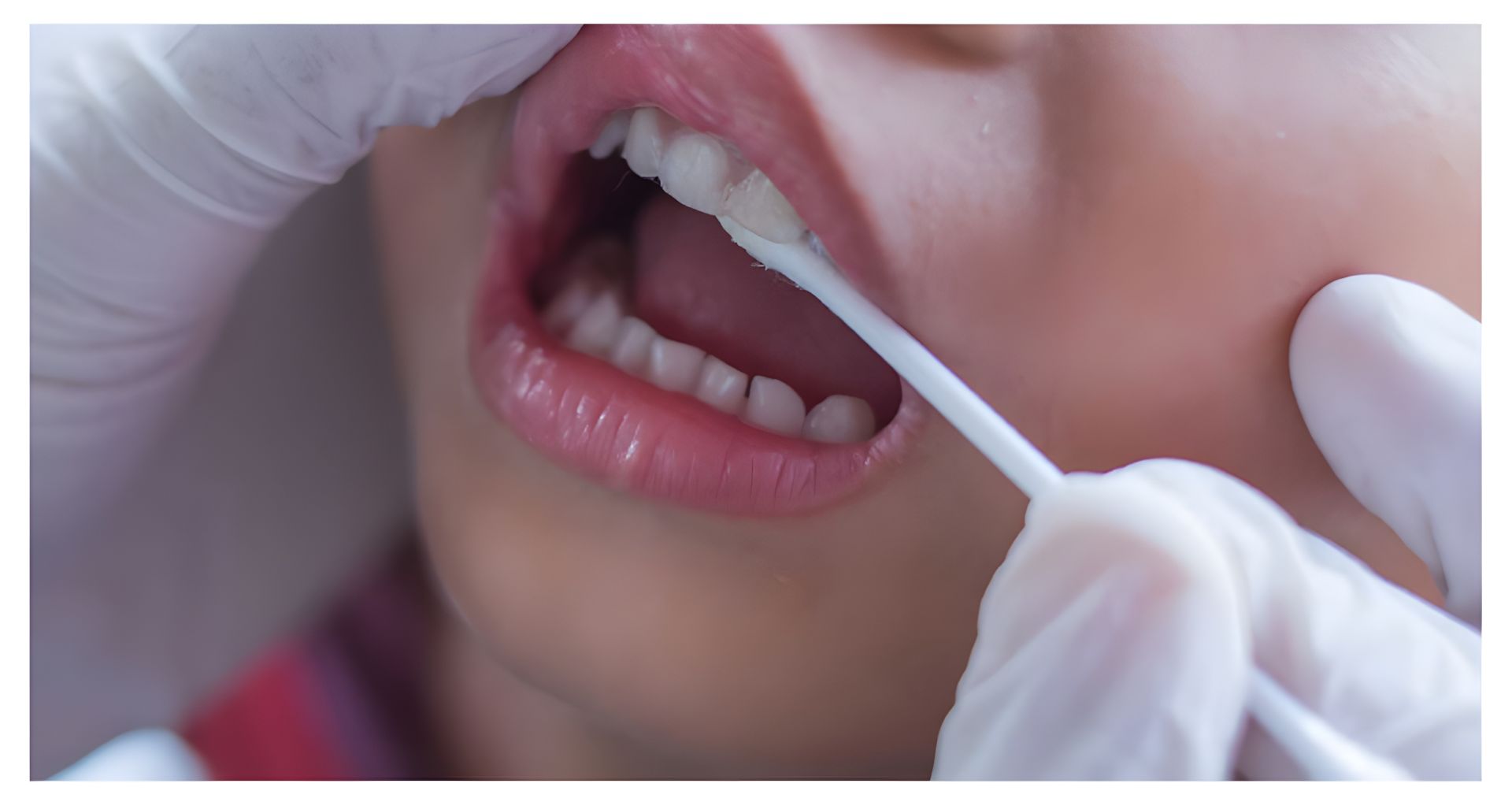
– Fluoride Gels and Foams: Fluoride gels or foams are applied to the teeth using a tray that fits over the teeth for a few minutes. These treatments are more commonly used for children and people with special needs who may benefit from a higher fluoride concentration. These treatments are highly effective in reducing cavities, especially in areas with limited fluoride exposure from water sources.
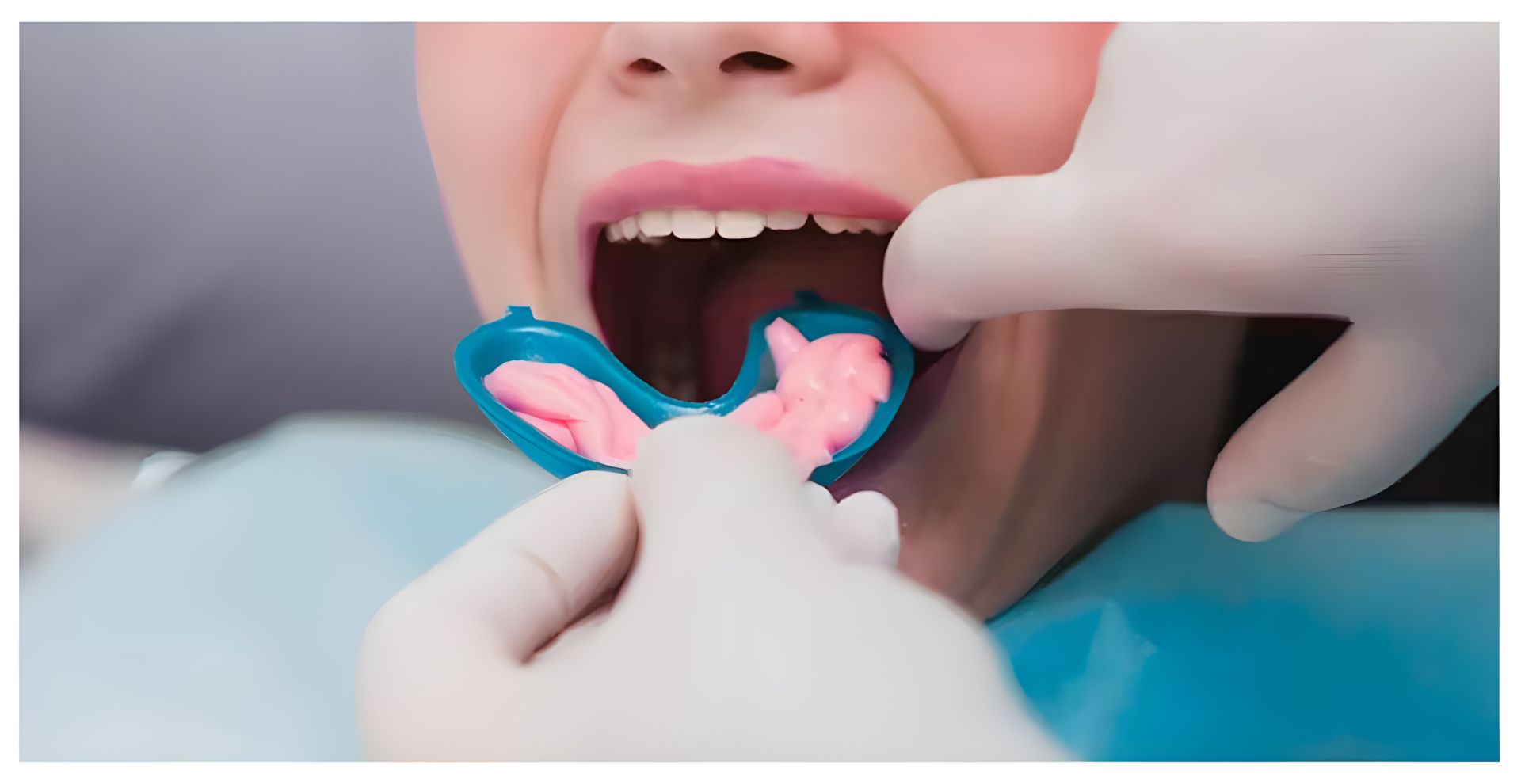
-
2. Fluoride Rinses
Fluoride mouth rinses are an easy and effective way to deliver fluoride to the teeth. These are typically available over-the-counter in lower concentrations or by prescription for higher-strength formulas. Rinses are recommended for individuals who may be at higher risk for cavities, including those with dry mouth, braces, or a history of frequent tooth decay. Daily use of fluoride rinses can further help protect against plaque buildup and tooth sensitivity.
-
3. Fluoride Toothpaste

While not a professional treatment, fluoride toothpaste is one of the most accessible ways for individuals to maintain fluoride exposure on a daily basis. The fluoride in toothpaste helps reduce plaque, strengthen tooth enamel, and prevent cavities. It’s recommended that people use fluoride toothpaste twice daily to maintain optimal oral health.
Benefits of Fluoride in Dentistry
The benefits of fluoride in dentistry are well-documented and include:
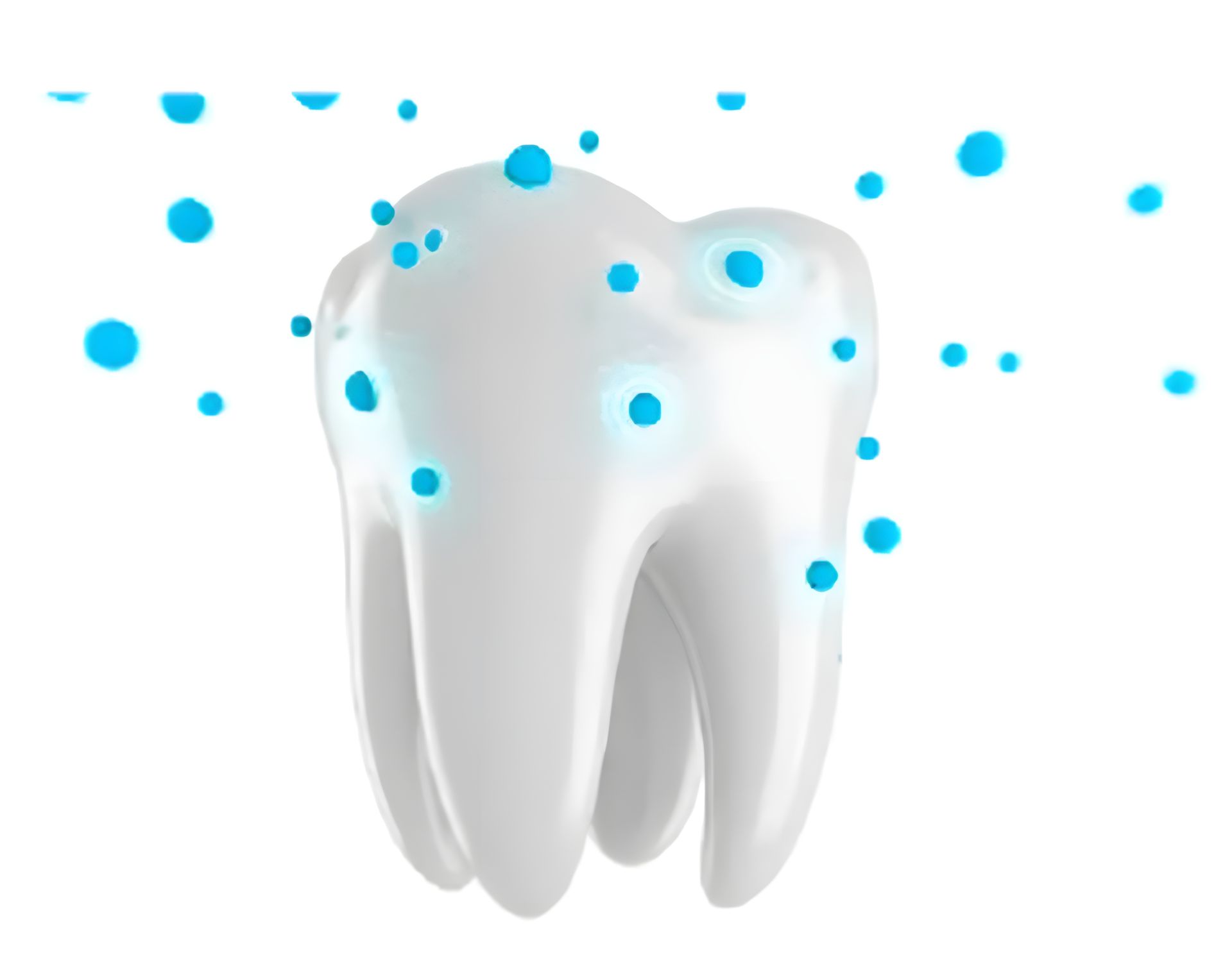
-
– Cavity Prevention: Fluoride is most renowned for its ability to reduce the risk of cavities. It helps strengthen tooth enamel and makes it more resistant to acids and plaque buildup, reducing the overall prevalence of dental decay.
– Cost-Effective: Fluoridated water and fluoride treatments are cost-effective ways to combat tooth decay. Preventing cavities with fluoride can significantly reduce the need for costly dental procedures, saving individuals and healthcare systems money in the long run.
– Improved Oral Health for All Ages: Fluoride benefits people of all ages, from children who are still developing their teeth to adults and seniors. Fluoride’s protective effects help prevent cavities and tooth sensitivity across the lifespan.
– Reduction of Disparities in Oral Health: Fluoridation in community water supplies can help reduce oral health disparities in underserved populations, providing equitable access to cavity prevention, particularly in areas where access to dental care may be limited.
Potential Concerns and Risks of Fluoride
While fluoride has many proven benefits, there are also some concerns regarding its use, particularly in excessive amounts. These risks are rare but worth noting:
1. Dental Fluorosis: One of the primary concerns of fluoride overuse in children is dental fluorosis, a cosmetic condition that results in white spots or streaks on the teeth. This condition typically occurs when young children swallow toothpaste or mouth rinse that contains fluoride. In severe cases, fluorosis can lead to pitting or staining of the teeth.
2. Skeletal Fluorosis: Excessive exposure to fluoride over a long period can lead to skeletal fluorosis, a condition that affects bones and joints. This is extremely rare in areas where fluoride levels in water are within safe limits.
3. Debates Over Fluoridation: Some people have raised concerns about the potential health risks of water fluoridation, citing studies that suggest links to conditions such as thyroid problems, cancer, and developmental issues. However, the overwhelming consensus from public health organisations, including the Centres for Disease Control and Prevention (CDC) and the World Health Organisation (WHO), is that fluoridated water is safe at recommended levels.
The Future of Fluoride in Dentistry
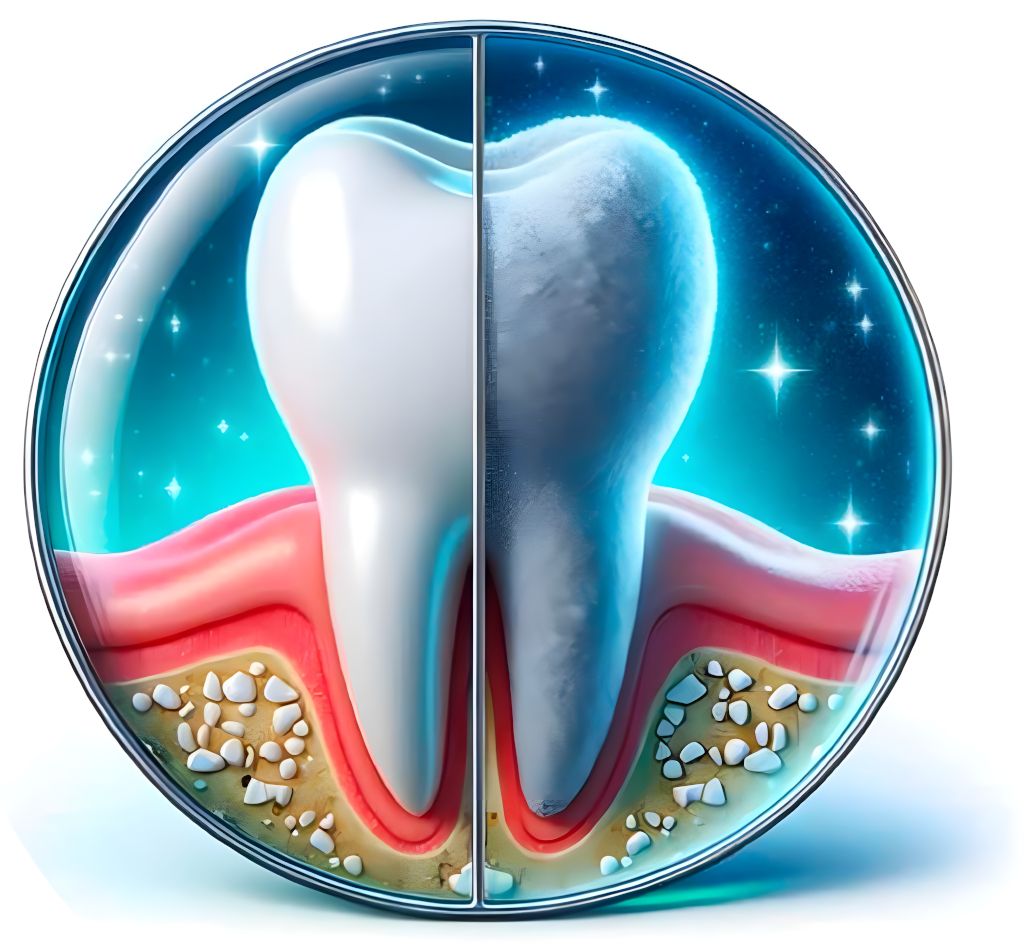
As research continues, new fluoride delivery methods and treatments are being developed to further enhance its benefits. Innovations in fluoride varnishes, more effective fluoride-releasing dental materials, and personalised treatments are helping dentists provide better care for their patients.
Additionally, as the conversation about fluoridation continues, communities and policymakers must weigh the benefits of fluoride in public water supplies with public concerns, ensuring that fluoride levels remain safe and effective.
Conclusion
Fluoride has proven to be a cornerstone in modern dentistry, providing significant protection against tooth decay and promoting overall oral health. From its role in remineralising enamel to its widespread use in community water fluoridation, fluoride continues to be a powerful tool in the fight against dental caries. While it is essential to be mindful of the risks associated with excessive fluoride use, when applied appropriately, fluoride offers a safe and effective way to preserve and improve dental health for individuals of all ages.
As more advancements in fluoride technology emerge, it’s likely that its role in oral health will continue to evolve, further cementing its place as one of the most beneficial and accessible dental treatments available.
